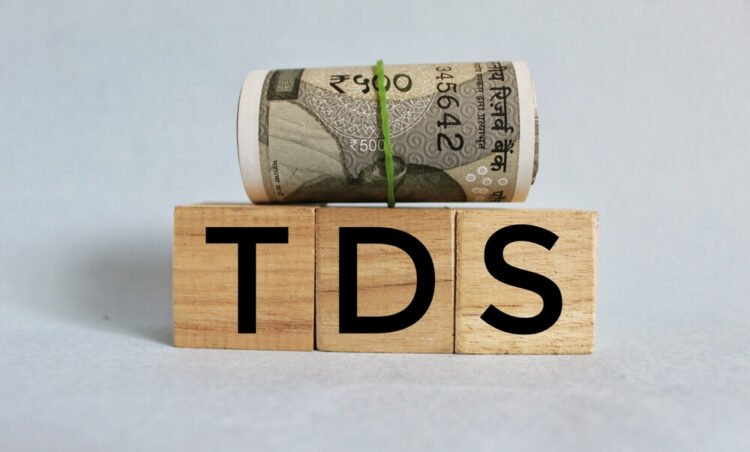If you’re facing old TDS late fee notices, check if they predate June 2015.
RAIPUR (India CSR): In a big win for small business owners and professionals, the Income Tax Appellate Tribunal (ITAT) in Raipur has ruled that the tax department cannot slap late filing fees for delayed Tax Deducted at Source (TDS) returns filed before June 2015. The decision came in the case of Padma Parakh, a nurse and owner of Parakh Nursing Home in Rajnandgaon, Chhattisgarh, who fought back against fees totaling over Rs 36,000.
What Happened?
Padma Parakh runs a nursing home providing healthcare services. In 2013-14 (the financial year for tax assessment year 2014-15), she was late in submitting her quarterly TDS statements – basically, reports on taxes she deducted from salaries and payments to staff or vendors. The Income Tax Department charged her late fees under Section 234E of the Income Tax Act: Rs 7,080 for one quarter, Rs 13,911 for another, and Rs 15,530 for the third.
She appealed to the Commissioner of Income Tax (Appeals), but lost. Undeterred, she took the case to ITAT. On October 14, 2025, the tribunal heard arguments (she submitted written notes since no one appeared in person). The next day, they delivered the verdict: All fees quashed. No payment needed.
Why Did the Tribunal Side with Her?
In simple terms, the law allowing the tax office to automatically add these late fees (through an update to Section 200A) only kicked in on June 1, 2015. Before that, the department didn’t have the “tools” or legal power to calculate and demand such fees for older periods. Applying it backward would be like punishing someone for breaking a rule that didn’t exist yet – unfair and against basic legal principles.
The tribunal leaned heavily on a 2015 Karnataka High Court ruling in Fatheraj Singhvi vs Union of India. That court said Section 234E is a “substantive” rule, not a minor tweak, and can’t be used retrospectively. “Late fees can only apply from June 1, 2015, onward,” the judges noted, quoting the high court’s words on how the law gives a “privilege” to avoid bigger penalties but only if the fee mechanism is properly in place.
They also dismissed the department’s reliance on a Bombay High Court case (Rashmikant Kundalia vs Union of India), saying it only upheld the law’s overall validity, not its backdated use.
Broader Impact: Good News for Many
This isn’t just Padma’s win – it’s a reminder for thousands of small employers, freelancers, and businesses who faced similar demands for TDS delays in 2012-15. ITAT cited earlier benches in Pune and Raipur that ruled the same way, like in cases involving construction firms and cricket associations. If you’ve paid such fees under protest, this could open doors for refunds; otherwise, the ruling applies prospectively.
“Prior to June 2015, there was no enabling provision… such levy is not valid,” the two-member bench – Judicial Member Partha Sarathi Chaudhury and Accountant Member Arun Khodpia – wrote in their 10-page order.
What Should You Do?
If you’re facing old TDS late fee notices, check if they predate June 2015. Consult a tax advisor – this precedent strengthens your case. The tribunal urged the tax officer in Ghaziabad’s TDS/CPC unit to delete such charges immediately.
Padma Parakh couldn’t be reached for comment, but her quiet victory echoes a larger call for fairer tax rules. As one expert put it: “Laws should protect, not penalize retrospectively – especially for honest delays in paperwork.”
This story is based on the ITAT order dated October 15, 2025, in ITA Nos. 560, 561 & 562/RPR/2025.
Terms & Conditions: India CSR does not permit other Websites/agencies to copy or reproduce, or reprint the above article/feature in any form or means.







